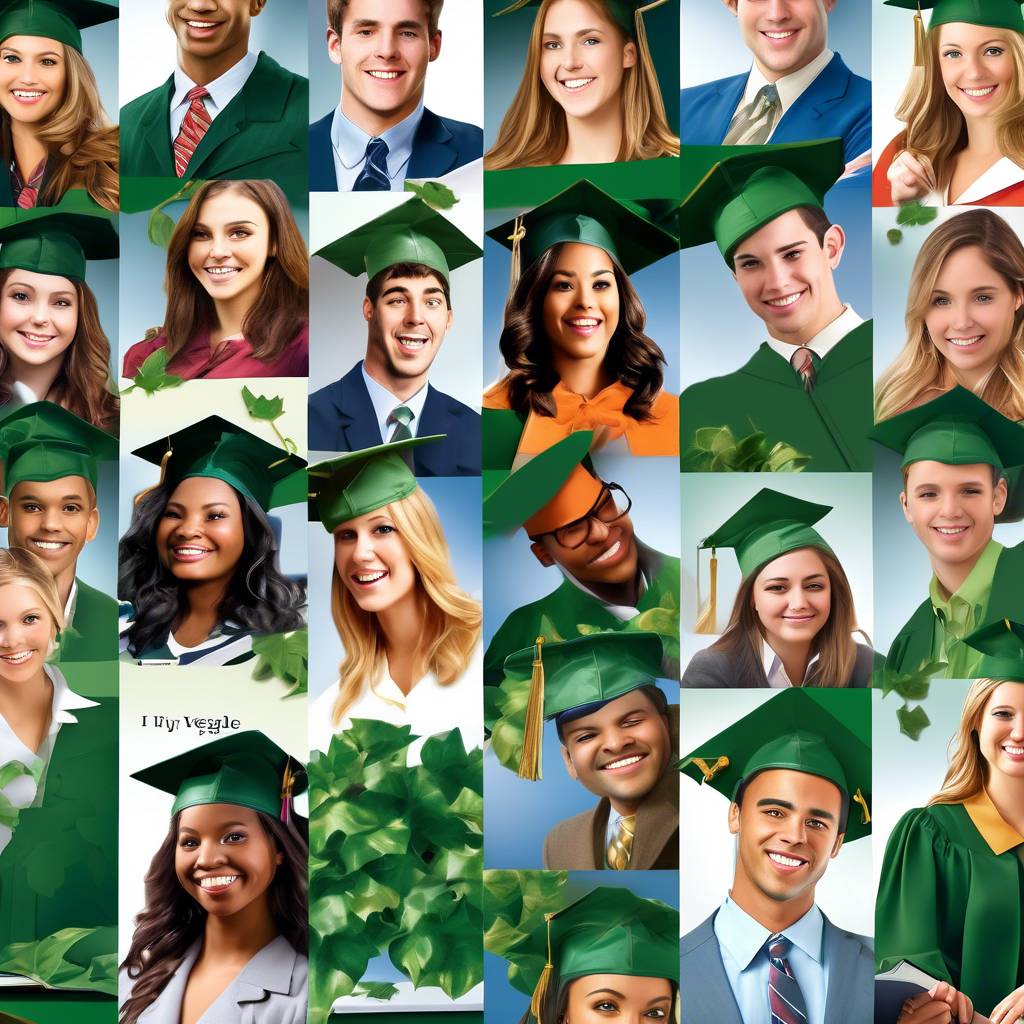The Ivy League has long been considered the pinnacle of American higher education, producing some of the most successful and influential individuals in society. However, recent trends suggest that the Ivy League may be losing its prestigious reputation. A combination of admissions policies that prioritize diversity over merit and grade inflation at top universities like Harvard and Yale have led to concerns among employers about the quality of graduates coming out of these institutions. According to a survey conducted by Forbes, 33% of employers are less likely to hire Ivy League graduates now compared to five years ago, reflecting a shift in perception about the value of an Ivy League education.
As employers find themselves increasingly disillusioned with Ivy League graduates, they are turning to other institutions that are producing more well-rounded and prepared candidates. Public universities and non-Ivy private colleges are now seen as more desirable options for employers, with 42% stating they are more likely to hire from public universities and 37% more likely to hire from non-Ivy private colleges compared to five years ago. These institutions are viewed as better at preparing students for the workforce and providing them with the skills necessary to succeed in a competitive job market.
The decline in the reputation of the Ivy League is not just a commentary on those specific institutions but reflects broader trends in higher education. Employers are recognizing the value of graduates from a diverse range of schools, including state universities and private colleges that are not part of the Ivy League. These schools are seen as more agile in adapting to changing job market demands and providing students with the tools they need to succeed in their careers.
In response to these changing perceptions, Forbes has identified a new set of institutions that are emerging as the new Ivies, producing smart, driven graduates who are highly sought after by employers. This list includes 10 public universities and 10 private schools that are attracting top students and receiving recognition for the quality of their graduates. By focusing on objective measures of success, such as standardized test scores and selectivity, these schools are able to produce graduates who are well-prepared for the demands of the modern workforce.
While the Ivy League may still hold a certain level of prestige, it is clear that the landscape of higher education is changing. Employers are looking beyond traditional elite institutions to find talent that is well-rounded, adaptable, and prepared for the challenges of the future. The New Ivies identified by Forbes represent a shift in the perception of where great talent is coming from, highlighting the importance of a broad and inclusive approach to education that values diversity and innovation.
As students weigh their options for higher education, they may need to consider a wider range of schools beyond the Ivy League to ensure they are receiving the best possible preparation for their future careers. Employers are increasingly looking to institutions that are producing graduates who are not just academically successful but also possess the skills and mindset needed to thrive in today’s competitive job market. By recognizing the value of these new Ivies, students can position themselves for success in a rapidly changing professional landscape.









